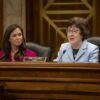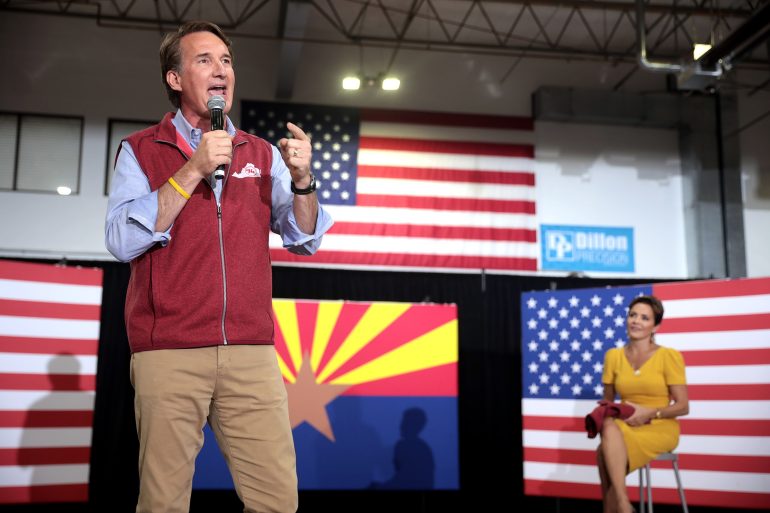The Supreme Court has given Virginia the green light to cancel over 1,600 voter registrations allegedly held by noncitizens just before the election.
The emergency ruling dealt a blow to the Biden administration, which had persuaded lower courts to reinstate these registrations because they were removed too close to election day.
Liberal justices Sonia Sotomayor, Elena Kagan, and Ketanji Brown Jackson publicly dissented to the 6-3 decision.
State authorities asserted that the list includes noncitizens, although a district judge observed that some individuals might actually qualify to vote, and noted that Virginia did not conclusively demonstrate their noncitizen status.
The Biden administration took legal action against Virginia election officials over the removals in October, after Virginia Governor Glenn Youngkin issued an executive order.
The Justice Department argued the voter roll cancellations violated the 90-day “quiet period” mandated by the National Voter Registration Act (NVRA), which prevents systematic voter purges close to elections.
“In court filings, the Justice Department said, ‘Notably, applicants have provided no reason to believe that any noncitizens have voted in past Virginia elections, or that any are likely to do so in the upcoming election,”
However, Virginia claimed the quiet period doesn’t apply to noncitizens. “States are free to systematically remove noncitizens, as well as minors and fictitious persons, at any time, including within 90 days of an election, without running afoul of the NVRA,” argued the state attorney general’s office.
Governor Youngkin celebrated the ruling as a “victory for common sense and election fairness.”
Meanwhile, a North Carolina appeals court rejected the Republican National Committee’s (RNC) effort to prevent certain overseas ballots from being processed unless the voter had previously been a resident of the state.
The RNC has challenged overseas ballots in multiple swing states, but these challenges have been unsuccessful so far.
A panel of three judges unanimously dismissed the RNC’s appeal after a trial judge refused to grant the party’s request for intervention before the election.
Federal law provides protections for servicemembers and U.S. citizens overseas to vote. North Carolina rules allow those who’ve never lived in the U.S. to vote if they haven’t registered elsewhere and their parent or guardian was a previous eligible voter in North Carolina.
The RNC argued that the extension exceeded the protections afforded by federal law, and North Carolina’s constitution prohibits any non-resident voting.





